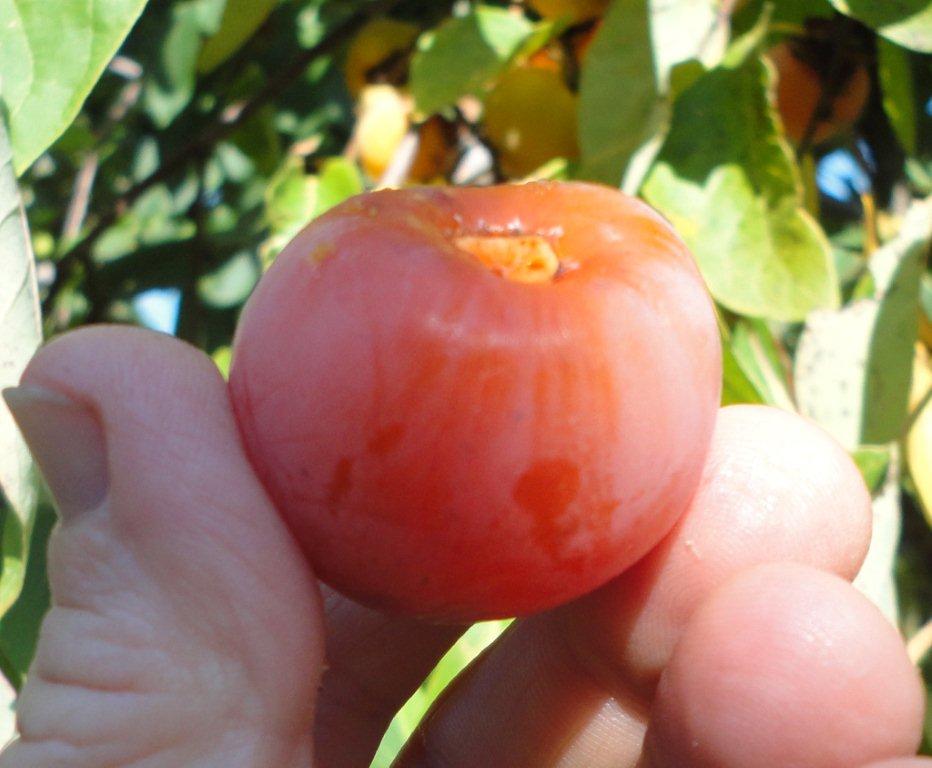Des Moines Register Aug. 26, 2016
Secretary of Agriculture Tom Vilsack is the latest public figure to try shaming Iowa for its lack of attention to water quality. But he can’t name the last Iowa governor — including himself — who considered anything but corn, beans, hogs and tractors as the top export products for our state. There was a day when Iowa was the No. 1 apple producer in the country. Same for grapes and even potatoes. Our soils can grow just about anything if we give them a chance. Why don’t we?
This isn’t about nostalgia; it’s about survival. Mother Nature has shown us time and again that diversity builds resilience. Human Nature has, too: Monocrop farming is ending the careers of farmers from the almond growers of California to the citrus growers of Florida. One bug. One disease. One drought. All out. In Iowa, our monocrop-style agriculture is dragging down not only our environment but our economy as corn drops below $3 a bushel while farmers still pay on debt from the happy days of $7 when they plowed their profits into new equipment, in part to avoid income tax liability.
Iowans can do more than argue over whether to force or finesse our farmers who are just making a living the best way they know how with the advice they’ve gotten. The Sustainable Iowa Land Trust was founded almost two years ago to build a new model of land ownership for a different kind of Iowa farmer. The leaders of SILT span the political, economic and agricultural spectrum and believe there’s room for many farming styles in Iowa. We believe there is great potential for housing developments that incorporate sustainable food farms, for example. We believe there’s room for food production that doesn’t tear up the soil every year. We believe that importing 90 percent of our food is bad policy and that the market for food never “dropped out” because Iowans never stopped eating, for goodness sake.
We also believe there are enough Iowa landowners who believe we can grow good food here that we don’t have to force or finesse most conventional farmers to do things differently if they don’t want to. Landowners who donate land or agricultural easements (restrictions on land that lower the value by limiting its future uses) can tap significant tax benefits that can make such donations possible. Eligible farmers can deduct up to 100 percent of their adjusted gross income for up to 16 years, without going into a penny of debt, for example while diversifying their income stream by renting to food farmers. SILT then makes that land affordable to sustainable food farmers while protecting it for generations to come. Farms can grow food for human consumption in a way that keeps our best soil here while improving water quality from Des Moines to the Gulf of Mexico, putting Iowa on the agriculture innovation map where it belongs.
We need a new approach to this problem, one that brings us together while allowing us to respect and appreciate our differences. We don’t have to denigrate, demonize or despair, but we do have to get to work on the solution before it’s too late.
Suzan Erem of West Branch is president of the Sustainable Iowa Land Trust, a nonprofit dedicated to permanently protecting Iowa land to grow healthy food. Contact: suzan@silt.org
See the Des Moines Register editorial here with a photos.

